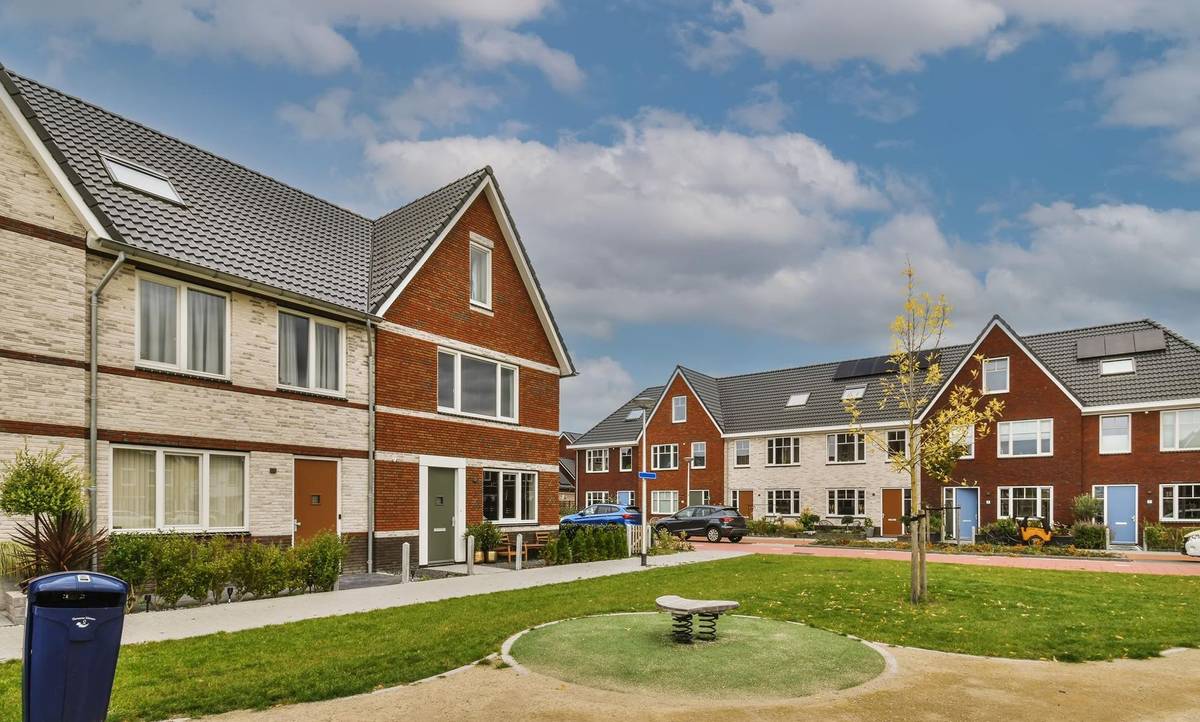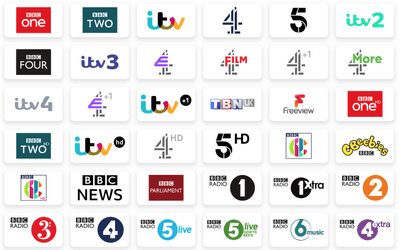Broadband in new-builds: why choice is limited and what you can do
Why new-builds often end up with just one broadband option
When developers build new homes, they’re now legally required in England to install gigabit-ready cabling and provide at least one gigabit-capable connection. These rules, introduced at the end of 2022, are designed to make sure new homes don’t get left behind when it comes to broadband speeds.
But installing fibre cables is expensive. To keep costs down and avoid delays, many developers strike a deal with a single broadband network to do all the work on site. In return, that company gets to be the first – and sometimes the only – provider residents can use.
While this arrangement makes life simpler for builders, it can be frustrating for new homeowners who want the freedom to shop around. Policymakers have already raised concerns that these exclusive deals limit competition and choice and the issue has been debated in Parliament.
Which providers are usually involved?
Not every new estate is tied to a single provider, but some names come up more often than others:
BUUK / OFNL – OFNL installs fibre networks in many new developments. It runs what’s known as an “open-access” system, meaning several smaller broadband companies (like Home Telecom or MTH) can sell services on it. That said, the choice is still narrower than in areas covered by Openreach or Virgin Media.
Hyperoptic – Best known for serving new apartment blocks, Hyperoptic often installs its own full fibre network. If no other operator is present, residents may only see Hyperoptic as an option at first.
Virgin Media (including nexfibre) – In some new sites, Virgin Media builds its own network without competition from others. That can leave households with Virgin as the only gigabit provider for a while.
Openreach FTTP – Many estates are built with Openreach full fibre. This is less restrictive, because Openreach is used by lots of big-name ISPs including BT, Sky, Vodafone and Plusnet. Even so, sometimes only one or two of those brands will go live straight away, making the choice feel limited until others catch up.
Why do developers agree to this?
From the developer’s point of view, sticking with one network is cheaper and simpler. It avoids multiple sets of engineers digging up the same roads, and often the chosen provider helps fund the installation. It also means broadband can be ready the day buyers move in, which is a big selling point for new homes.
The flip side is that access agreements or contracts with the chosen provider can slow down or even block other networks from moving in later, leaving residents with fewer options than they’d like.
What does this mean if you’re moving in?
The good news is that single-provider estates often come with full fibre broadband from the start, so speeds and reliability are usually excellent. The bad news is that choice and competition can be limited, at least to begin with. You might also miss out on certain bundles, like broadband with TV, if your chosen network doesn’t offer them.
Can you do anything about it?
If you’re still house-hunting, it’s worth asking the developer which broadband networks are available before you commit. Don’t just check the postcode – sometimes availability can vary even between houses on the same street.
If you’ve already moved in, keep an eye on coverage checkers. Other networks sometimes arrive a few months after people start moving in, especially now that developers are required to install gigabit-ready cabling. In the meantime, mobile broadband (via 4G or 5G) can be a decent stop-gap if you’re unhappy with what’s on offer.
Some residents have also raised concerns with local councils or MPs about lack of choice. The issue is firmly on the government’s radar, and change is slowly happening.
Looking ahead
The direction of travel is positive: new rules are making it easier for more providers to serve new-build estates, and competition should improve over time. That doesn’t mean you’ll always have a long list of broadband deals on move-in day, but the days of being stuck with just one option indefinitely are gradually fading.




